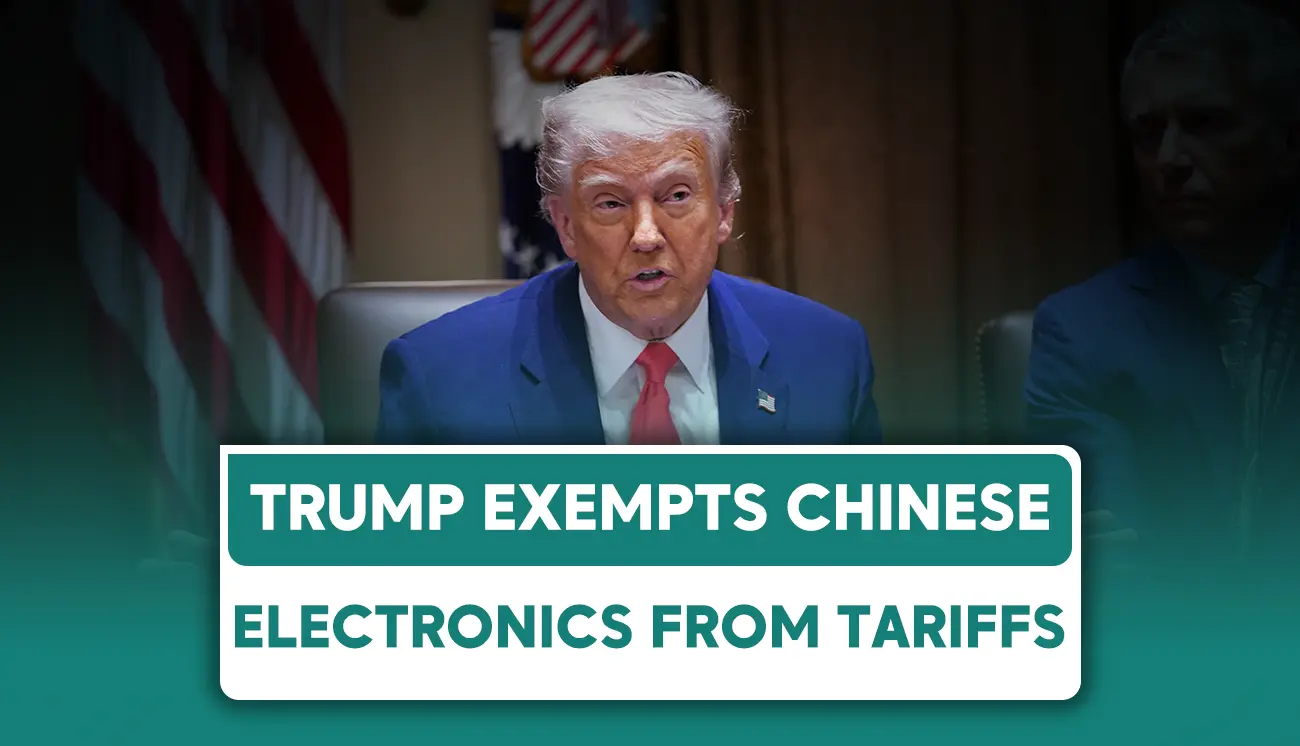The administration of U.S. President Donald Trump has issued a decision to exempt several key technology products, such as smartphones and computers, from the high tariffs that had been imposed as part of the trade war with China. This step has been described as an attempt to reduce the negative impact of tariffs on U.S. tech companies, which heavily rely on imported components, especially from China, Taiwan, and India.
The exemptions covered over 20 product categories, including electronics, memory chips, displays, and processors. The decision came at a critical time, as these tariffs threatened to increase the prices of final consumer products, with estimates suggesting that the price of a high-end iPhone could rise from $1,599 to over $2,300. This decision marks a significant relief for companies like Apple, Dell, and Nvidia, which have been facing pressure on profit margins and supply chains.
Although the exemptions were announced without prior official notice, the timing conveys a dual message: on one hand, the administration aims to maintain its image as a protector of U.S. industry, and on the other hand, it seeks to alleviate the economic consequences of tariffs, especially amid the inflation crisis harming consumers’ wallets. It is also clear that the administration has begun to realize that tariff escalation could backfire if not managed carefully.
Despite the initial positive market reaction, signs of concern remain. Gold has registered a new high as a safe haven, and U.S. bond yields have risen to their highest level in over 20 years, reflecting a loss of confidence in the stability of economic policy. While the White House speaks of launching a new investigation into semiconductor issues, investors and companies are watching to see whether these exemptions are the start of a trade breakthrough or just a temporary pause in a long-standing battle.





